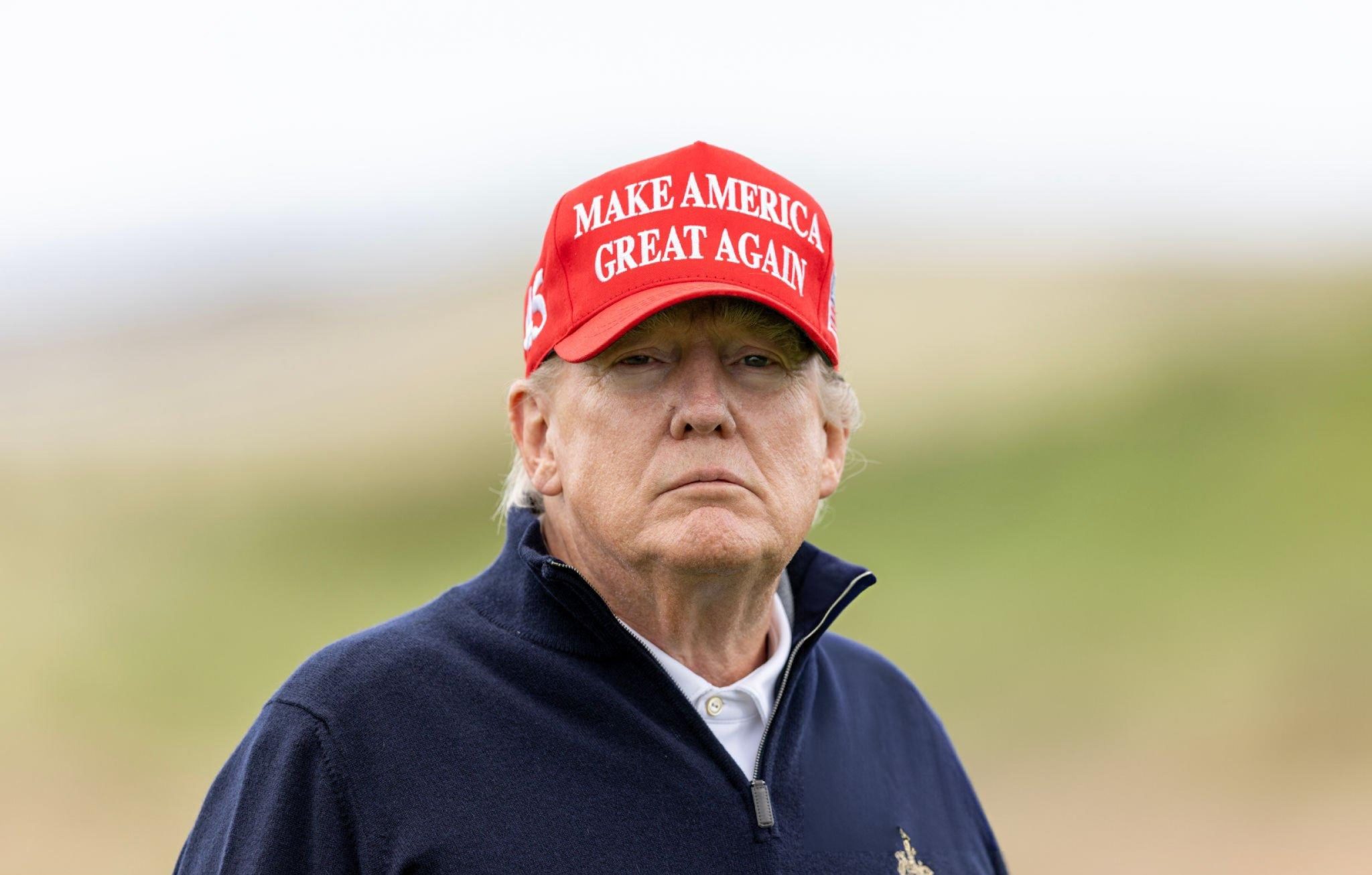In a surprising turn of events, at least three major news outlets recently received confidential material from within the Donald Trump campaign, including a report vetting JD Vance as a potential vice presidential candidate. Despite the gravity of the leak, Politico, The New York Times, and The Washington Post have all opted not to disclose specific details about the documents, choosing instead to focus on the broader implications of the breach.
Leaked Documents and Campaign Responses
According to Politico, the leaked documents included a 271-page campaign report about JD Vance and a partial vetting report on Senator Marco Rubio, both considered for the vice presidency. The leak reportedly came from an individual identified as “Robert,” who provided the material starting July 22. Politico and The Washington Post have both confirmed, through independent sources, that the documents are authentic.
The leaked documents reportedly contained potentially damaging information, such as past statements by Vance that could be embarrassing for the campaign. Despite this, the outlets decided not to publish the specifics, focusing instead on the implications of the breach itself.
The Trump campaign has alleged that it was hacked by Iranian actors, though no concrete evidence has been provided to support this claim. This accusation follows a Microsoft report that detailed an attempt by an Iranian military intelligence unit to compromise a senior advisor’s email account, though the report did not specify which campaign was targeted.
Editorial Decisions and Public Interest
The editorial decisions by Politico, The Times, and The Post stand in stark contrast to the media coverage during the 2016 presidential campaign. Back then, a Russian hack exposed emails from Hillary Clinton’s campaign manager, John Podesta, which were published by Wikileaks and extensively covered by mainstream news organizations. This exposure led to widespread media fascination and scrutiny of the leaked content.
Politico’s spokesperson, Brad Dayspring, explained that the decision not to publish the contents of the leaked documents was based on the editorial judgment that the origins and circumstances of the leak were more newsworthy than the material itself. Similarly, The Times and The Post did not provide specific reasons for their decisions but emphasized that they considered the authenticity of the documents, the motives of the source, and the public interest in their reporting.
Steven Cheung, a spokesperson for Trump’s campaign, criticized the media outlets for handling the leaked documents, accusing them of aiding “America’s enemies” by not reporting on the internal communications.
Lessons from 2016
The media’s decision to withhold details about the Trump campaign leak highlights a notable shift from the 2016 election cycle. During that period, the release of Clinton campaign emails by Wikileaks led to significant media coverage and public interest. News organizations were under pressure to publish the materials, which in some cases led to misrepresentations and sensationalism, as noted by Kathleen Hall Jamieson, a communications professor at the University of Pennsylvania.
Jamieson, who authored “Cyberwar,” commended the news outlets’ current decision not to publish the Trump campaign documents, citing concerns about potential misinformation and manipulation. She emphasized the importance of caution in an age where the origins and motivations of leaked material can be unclear.
Thomas Rid, director of the Alperovitch Institute for Cybersecurity Studies at Johns Hopkins, also supported the decision to withhold the specifics, arguing that the potential influence of foreign agents on the 2024 presidential campaign was more significant news than the leaked content itself.
Calls for Transparency
However, some journalists, including Jesse Eisinger of ProPublica, have criticized the news outlets for not revealing more about the leaked documents. Eisinger suggested that while past statements by Vance are publicly available, the vetting document could have provided insight into which statements were most concerning to the campaign or revealed new information that was not previously known.
As the 2024 election approaches, the handling of such leaks remains a critical issue for the media, balancing the public’s right to know with the risks of disseminating potentially manipulated or misleading information. The decision not to publish the leaked Trump campaign materials underscores the ongoing debate over media responsibility and the impact of leaks on the political landscape.







